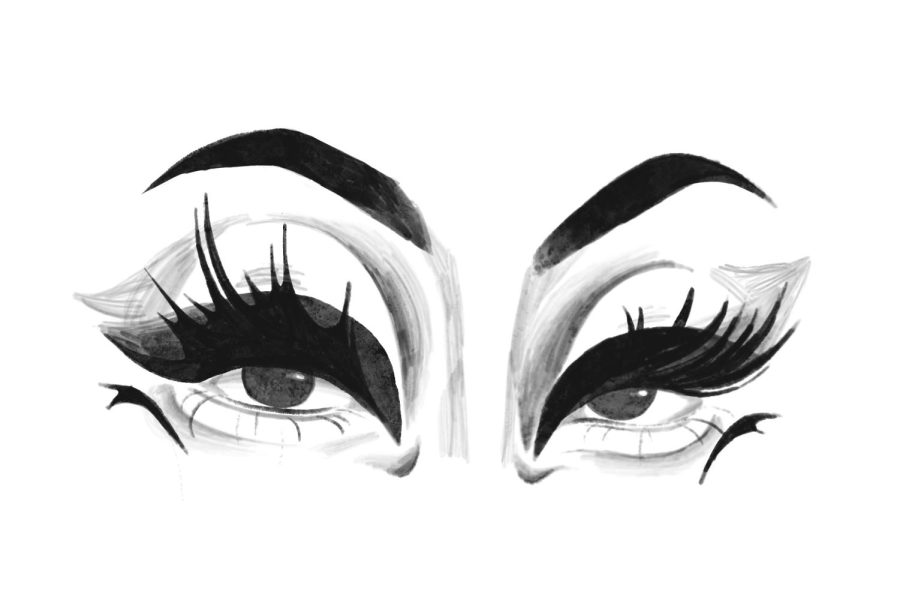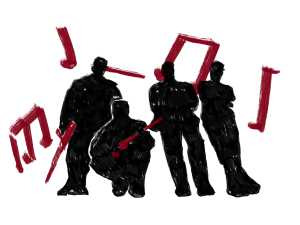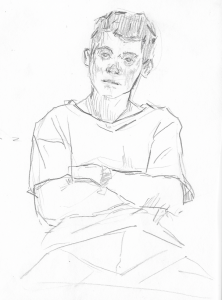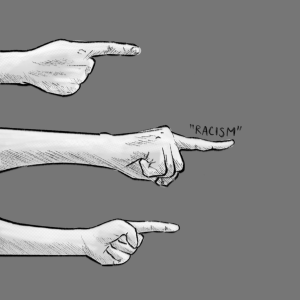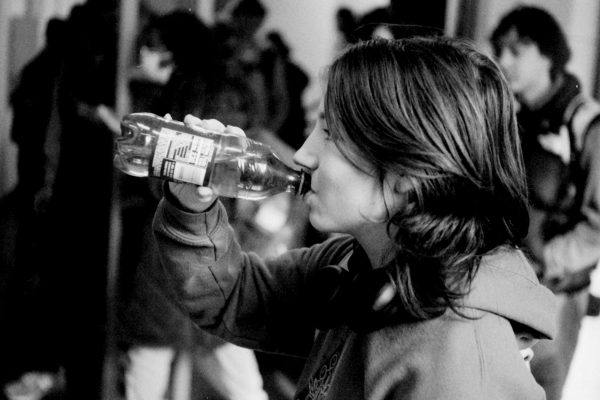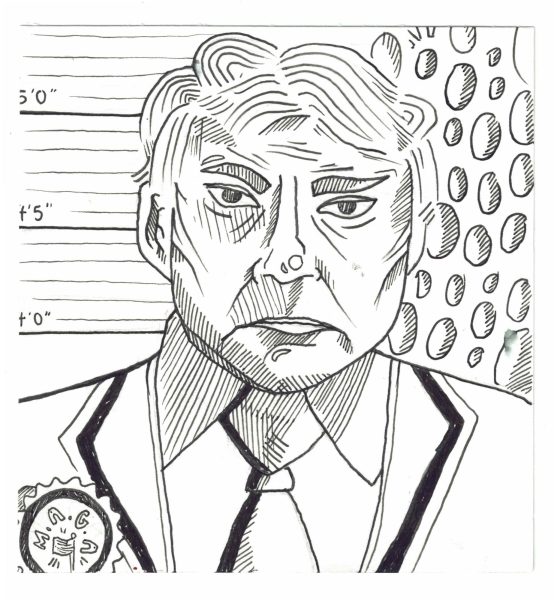The Underlying Complexities of Drag Show Bans
Anti-LGBTQ+ legislation endangers and vilifies drag culture.
July 1, 2023
A recent wave of legislation attempts to ban drag shows in over 17 US states, in the nation’s most recent installment of restricting content under the guise of protecting children. The etymology of the term “drag” is unclear, but it is generally accepted to be a form of entertainment emphasizing gender expression, typically through cross-dressing. However, lawmakers have not reached a clear consensus about what exactly constitutes both drag as a whole and so-called “harmful” drag. An Oklahoma bill, for example, bans all drag performances in public spaces that minors could be exposed to. This includes sessions where drag queens read children’s stories aloud to young attendees. The wording of the bill characterizes such events as “lewd” and “obscene.” A Tennessee law bans “adult cabaret performances” in public or within 1,000 feet of public parks, schools, and places of worship. Both laws see offenders facing fines or, in the case of Tennessee, up to six years in jail. And yet these bans feel disconnected from LGBTQ+ rights initiatives, even as they are passed largely without resistance.
Pull Quote format:
An Oklahoma bill … bans all drag performances in public spaces that minors could be exposed to.
Despite the rapid success of this aggressive legislation, the main element of the online conversation surrounding the bans is comparison. For most online activists, drag show bans serve more as an anecdote to be put up against other policies, specifically failures to act on issues that have been deemed to have legitimate detrimental effects on American society. A news article from The Montclarion headlined, “Drag Queens Aren’t Grooming Children, Republicans Are.” Instagram user @mattxiv wrote in response to the legislation, “drag queens … are grooming kids” above an image of a father teaching his young son how to shoot a gun, implying that conservative Americans who believe that drag queens are a threat to minors are the same people promoting gun violence to their children.
Additionally, a viral image circulated the internet picturing New York Republican representative George Santos in what appeared to be full drag, which many took to be incredibly hypocritical considering Santos’s vocal support for anti-LGBTQ+ legislation banning drag shows. Instagram user @mattxiv wrote, “While George Santos has stayed silent on many of the allegations against him … it took him less than one day to deny he ever performed in drag.” He continued, “He knows that’s the only part of his past Republicans would really care about.” Interestingly, outcry over Santos’s lies, which included fabrications of his identity and professional history prior to reaching office in addition to denial of his drag career, seem to have overshadowed the pressing reality of the legislation itself.
While the comparisons made by activists are thought-provoking, inviting drag shows into conversations of issues such as gun violence serves as an anecdote for the hypocrisy of conservative lawmakers and their willingness to act assertively towards issues that are either not pressing, or, in the case of drag shows, not an issue at all. A more productive use of these events for mobilization purposes would be to keep drag show bans in the context of LGBTQ+ rights in the United States, informing citizens that despite claims of progress and equality, we are headed all too swiftly in the wrong direction.
This article also appears in our April 2023 print edition.

